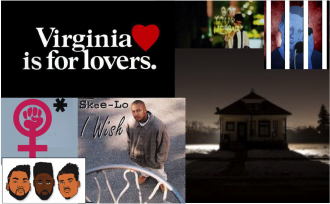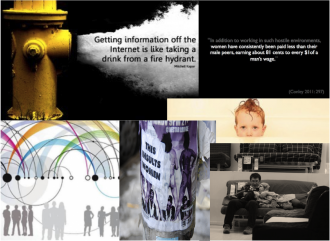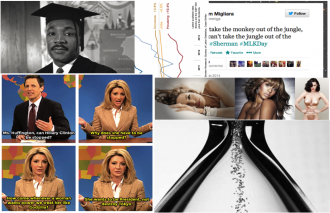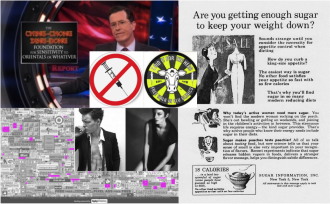 What’s up with what’s up on The Society Pages this week:
What’s up with what’s up on The Society Pages this week:
Features:
“Health, Science, and Shared Disparities with Brian Southwell,” by Sarah Lageson. Social networks may be great for getting the word out, but that’s highly dependent on the network.
Office Hours Podcast:
“Colter Ellis on the Boundary Labor of Beef Production,” with Sarah Lageson. Love ’em and eat ’em?
The Editors’ Desk:
“There’s More to Methods than Tweaking and Critiquing,” by Chris Uggen. On why it’s refreshing to return to talking about methods as the tools of social science.
Reading List:
“Closing the Happiness Gap,” by Rahsaan Mahadeo. Social policy can affect large-scale happiness, even if it does lead “to a few grumpy 1&’ers.”
“The Personal Mediators of Stereotype,” by Stephen Suh. New work in Ethnic and Racial Studies reveals how personal characteristics change the individual experience of stereotype threat.
There’s Research on That!
“New Nutrition Labels—A Healthier Choice?” by Jacqui Frost. When a label’s not just a label.
“NYC Gets with the Program on Pre-K,” by Amy August. Who benefits from Pre-K, and why do autism diagnoses rise when we get kids in the education system earlier?
Citings & Sightings:
“Trust in Intelligence,” by Andrew Wiebe. Is it smart to trust others?
Scholars Strategy Network:
“How America’s Engorged Prison and Surveillance System Threatens Civic Trust and Democracy,” by Joe Soss. It may be smart to trust others, but it’s a little hard when there’s a camera on every corner.
“The Truth about Health Reform, Jobs, and the Economy,” by Jonathan Gruber. Health care is changing employment, but as a mechanism of voluntary changes, rather than forced stasis.
A Few from the Community Pages:
- Sociological Images shows us Chicago’s disappearing middle class, remembers a time when sugar was a diet aid, and rounds up the month of March.
- Cyborgology explains why a Kickstarted project may be living the dream, but its backers still feel sold out; makes link rot visible (that’s right, even the Internet is aging); and why we should all be ticked off about the death of USAID’s Cuban messaging project ZunZuneo.
![]()
![]()

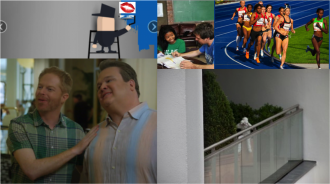
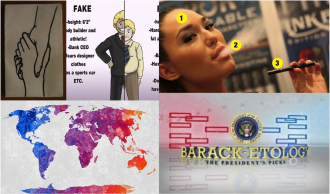
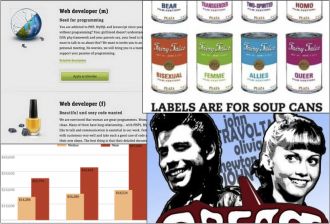
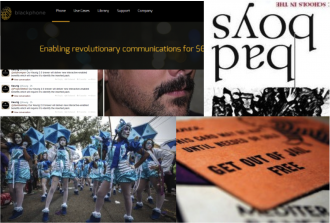 This week we talked about American debt and folded a whole new and incredibly interesting sector of debtors into the conversation: those who’ve gone through the criminal justice system. That’s careful wording, by the way, because you don’t even have to be convicted—just charged—to start racking up legal fees with compounding interest and compounding effects on your future. We also got a look at how race affects school suspensions and the oft-overlooked problem of homelessness among college students. No, it’s not all good news, but with the right information and appropriate action, we can keep moving toward the good news, right? That’s worth something! For palate cleansers, we offer the annual Mardis Gras archive, the DRM-coffee-bot, and why we shouldn’t let law enforcement end up based on the quality of business owners’ gaydar.
This week we talked about American debt and folded a whole new and incredibly interesting sector of debtors into the conversation: those who’ve gone through the criminal justice system. That’s careful wording, by the way, because you don’t even have to be convicted—just charged—to start racking up legal fees with compounding interest and compounding effects on your future. We also got a look at how race affects school suspensions and the oft-overlooked problem of homelessness among college students. No, it’s not all good news, but with the right information and appropriate action, we can keep moving toward the good news, right? That’s worth something! For palate cleansers, we offer the annual Mardis Gras archive, the DRM-coffee-bot, and why we shouldn’t let law enforcement end up based on the quality of business owners’ gaydar. 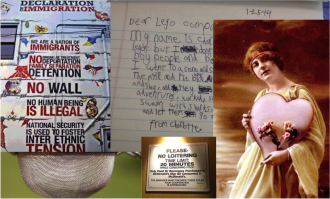 This week TSP featured great content on immigration, drugs, and healthcare reform from heavy hitters, as well as the incredibly popular Sociological Images monthly recap and a caveat from our editor, keen even with one eye on the Klout scores.
This week TSP featured great content on immigration, drugs, and healthcare reform from heavy hitters, as well as the incredibly popular Sociological Images monthly recap and a caveat from our editor, keen even with one eye on the Klout scores.
